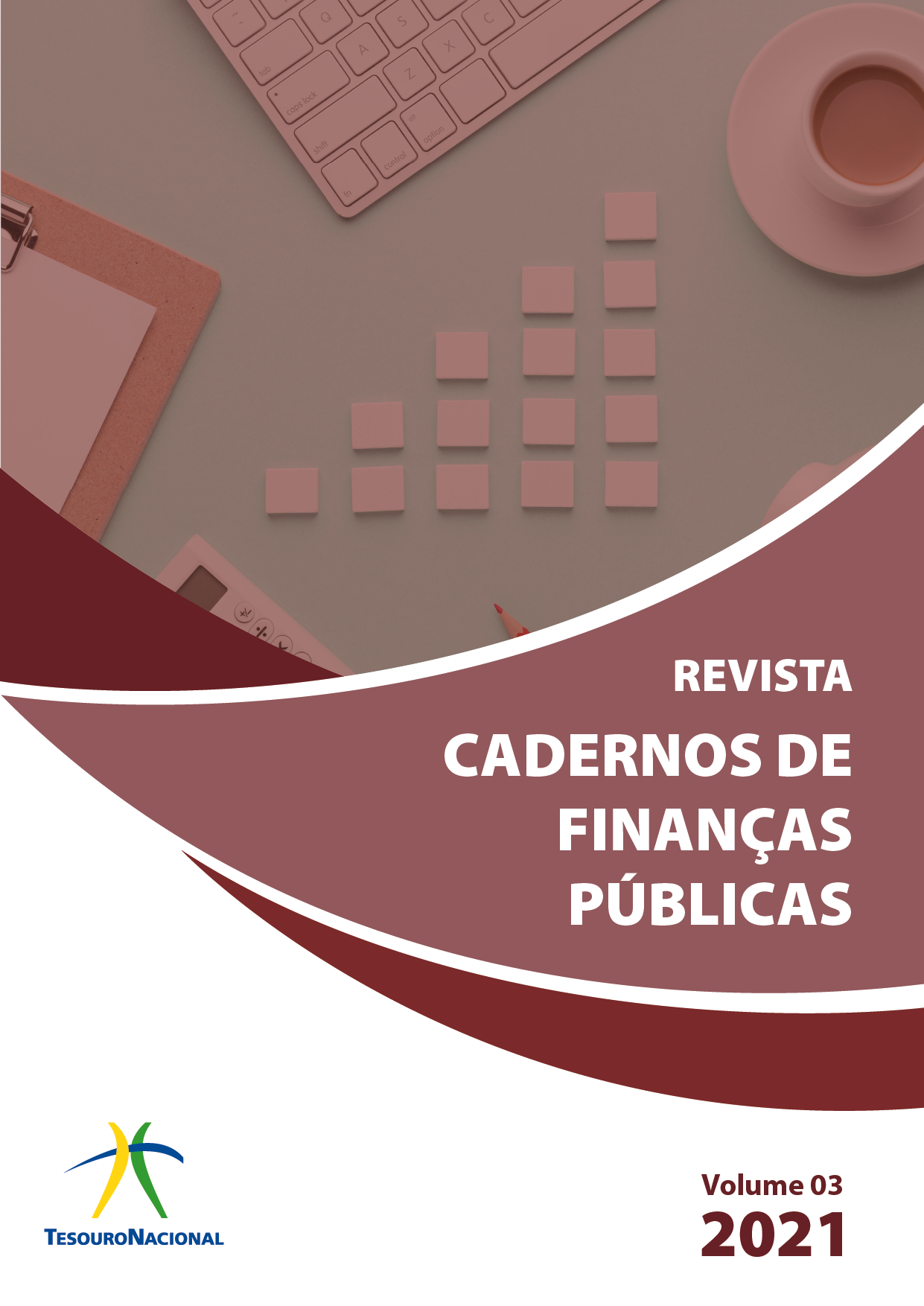Public revenue forecasting and financial resilience
does forward-looking ability matter for states’ fiscal soundness?
DOI:
https://doi.org/10.55532/1806-8944.2022.145Keywords:
Financial resilience, Anticipatory Capacity, Fiscal Rules, Fiscal crisis, Fiscal AusterityAbstract
Objective: this article seeks to answer whether anticipatory capacity, measured by the degree of achievement of forecast revenue, is associated with fiscal results, especially in periods of economic crises.
Methodology: from the accounting data of the states and the Federal District of Brazil, in the period from 2015 to 2018, econometric analysis was used in panel data, in order to find an association between the anticipatory capacity and budgetary results and current savings.
Results: a positive association was found between the degree of achievement of total revenues and the budgetary result dependent variable, as well as the degree of achievement of expected current revenues and the current savings.
Practical implications: the results shed light on the importance of improving revenue-forecasting tools and their importance for fiscal soundness.
Originality and value of the contribution: the present study quantitatively highlights the importance of anticipatory capacity for the financial resilience of subnational governments.
References
AQUINO, André C. B. de; CARDOSO, Ricardo Lopes. Financial Resilience in Brazilian Municipalities. In: STECCOLINI, Ileana; JONES, Martin; SALITERER, Iris (Orgs.). Governmental Financial Resilience (Public Policy Governance). Bingley: Emerald Publishing Limited, v. 27. p. 53–71. 2016.
Barbera, C., Guarini, E. and Steccolini, I., How do governments cope with austerity? The roles of accounting in shaping governmental financial resilience, Accounting, Auditing and Accountability Journal, Vol. 33 No. 3, pp. 529-558. 2020.
Barbera, C., Jones, M., Korac, S., Saliterer, I. and Steccolini, I., Local government strategies in the face of shocks and crises: the role of anticipatory capacities and financial vulnerability, International Review of Administrative Sciences. 2019.
Barbera, C., Jones, M., Korac, S., Saliterer, I. and Steccolini, I., Governmental financial resilience under austerity in Austria, England and Italy: how do local governments cope with financial shocks?, Public Administration, Vol. 95 No. 3, pp. 670-697, Wiley Online Library. 2017.
Batista , A. P., & da Cruz, C. F.. Resiliência Financeira Governamental: Evidências nos Estados Brasileiros. CADERNOS DE FINANÇAS PÚBLICAS, 19(3). 2020.
Céline Du Boys, Emanuele Padovani, Alice Monti. Vulnerability factors shaping municipal resilience throughout the global financial crisis: comparing Italy and France. EGPA Annual conference, Milan, Italy. 2017.
Goeminne, Stijn & Geys, Benny & Smolders, Carine. Political fragmentation and projected tax revenues: evidence from Flemish municipalities. Discussion Papers, Research Unit: Market Processes and Governance SP II 2007-03, WZB Berlin Social Science Center. 2007.
Patrícia Martins & Leonida Correia. Determinants of Fiscal Slippages in Portuguese Municipalities, Working Papers Department of Economics 2014/11, ISEG - Lisbon School of Economics and Management, Department of Economics, Universidade de Lisboa. 2014.
STECCOLINI, Ileana; JONES, Martin; SALITERER, Iris. Conclusion. In: STECCOLINI, Ileana; JONES, Martin; SALITERER, Iris (Orgs.). Governmental Financial Resilience (Public Policy Governance). Bingley: Emerald Publishing Limited, v. 27. p. 229–240. 2016.
Published
How to Cite
Issue
Section
License
The articles can be copied, since quoted the source.

